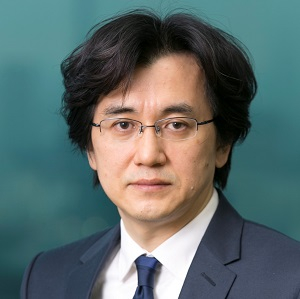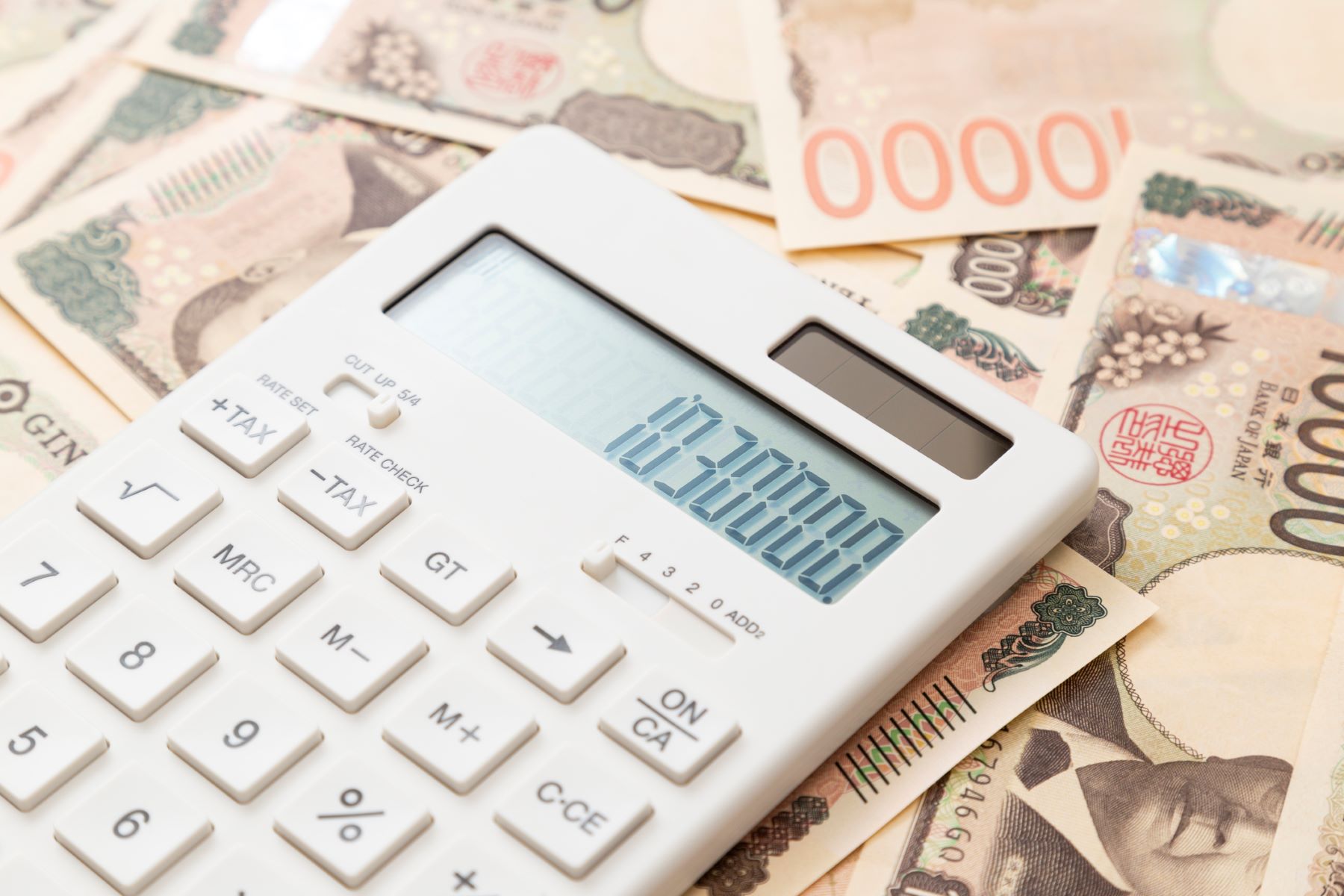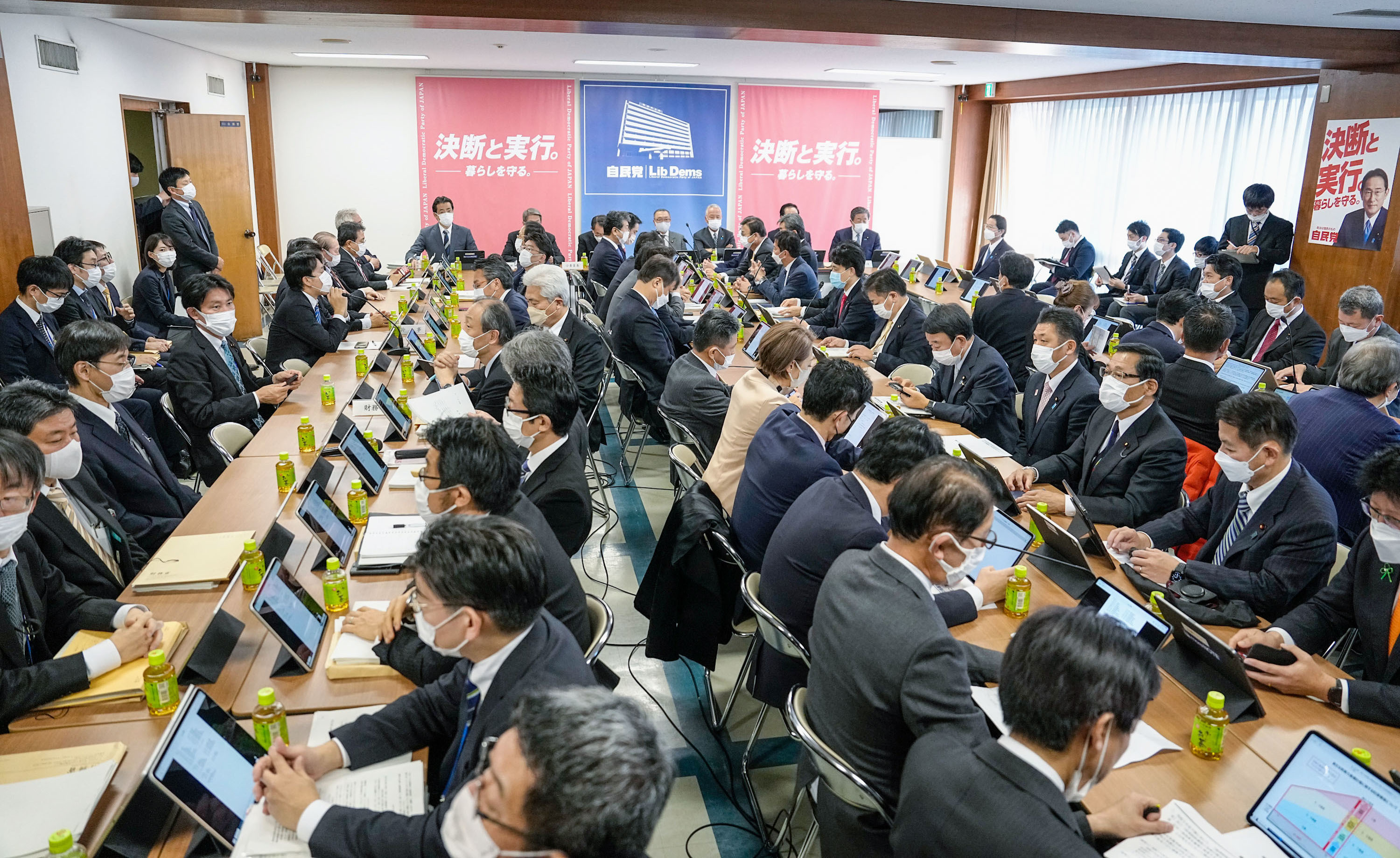- Article
- Other
Taking Policy Research to a New Level: Tokyo Foundation Remaking Itself into Top Global Research Institute
May 11, 2017
The demographic challenges Japan has been grappling with are issues that most industrial societies will also soon face. By substantially upgrading the quality and scale of its research capacity, the Tokyo Foundation—notes Executive Director Sota Kato in an article originally published in Japan Spotlight — will present effective policy recommendations that will help not only the Japanese government but other countries to mitigate the negative consequences of those challenges.
* * *
In 2017 the Tokyo Foundation is commemorating the 20th anniversary of its founding in 1997, when it became one of the few independent, not-for-profit think tanks in Japan. Today, it is recognized both domestically and internationally as one of the country’s leading policy think tanks.
Over the past two decades, the Tokyo Foundation has issued various policy proposals based on in-depth policy research, making an impact on not only government policy but also social science research in Japan. The foundation is able to offer objective analysis from an independent standpoint because revenues—already among the largest for domestic think tanks—come almost entirely from endowment investments; many other think tanks in Japan, by contrast, operate with government subsidies or corporate contributions.
To commemorate its twentieth anniversary, the foundation is now in the process of remaking itself into a truly world-class research institute, overhauling its organization and substantially upgrading its research capacity both in quality and size. The new institute, scheduled to be inaugurated in 2018, will aim to be counted among the ranks of the world’s most influential and respected think tanks within five years.
In the following, I will trace the steps that the foundation will take to reach this ambitious goal with reference to some of the unique aspects of policymaking in Japan.
Subdued Role of Japanese Think Tanks
Policy think tanks have had a far less prominent presence in Japan than in the United States and other leading industrial democracies. The reasons are twofold. The first pertains to the dominant policymaking role historically performed by Japan’s bureaucracy, and the second to budgetary restraints.
During the decades from the 1950s, when the Liberal Democratic Party (LDP) monopolized political power, the central government ministries and agencies — collectively called “Kasumigaseki” after the name of the district in Tokyo where their offices are located — served, in effect, as Japan’s sole policy think tank. With a highly capable staff whose minds LDP politicians could tap at virtually no cost, the bureaucracy provided all the policymaking ideas required by successive administrations, eliminating the need for the development of independent, private-sector think tanks.
The second factor inhibiting the growth of a vibrant think tank community is the dearth of funding. Japan has an underdeveloped culture of donation, and the unavailability of sizable tax incentives has dampened charitable giving. For these reasons, most domestic think tanks have had to rely on government subsidies or corporate goodwill. Even in such an environment, a number of think tanks affiliated with financial institutions, notably Nomura Research Institute and the Mitsubishi Research Institute, gained considerable prominence in the past. After the bursting of asset bubbles in the 1990s, however, they shifted their focus to more lucrative IT consulting services. While they do continue to issue policy recommendations on a very limited scale, they are unable to offer a vision that is at odds with government policy, since they now rely heavily on government contracts. With a handful of exceptions, therefore, private-sector think tanks in Japan have been unable to offer any meaningful policy alternatives.
There are a number of government-affiliated think thanks that are influential in their respective fields, such as the Research Institute of Economy, Trade, and Industry (RIETI) and the Japan Institute of International Affairs (JIIA), associated, respectively, with the Ministry of Economy, Trade, and Industry (METI) and the Ministry of Foreign Affairs (MoFA). They rely nearly 100% on government sources to finance their activities, however, and many of the executive positions are filled by officials who retired or are on loan from the affiliated ministries. Under such circumstances, it is unreasonable to expect them to fulfill the role of an independent think tank.
Why Build a New Research Institute?
The above-listed factors that have hitherto constrained the development of Japan’s think tank community have recently begun to change, however. People’s trust in bureaucrats quickly waned as the post-bubble economy continued to stagnate and as a series of scandals involving senior bureaucrats came to light. At the same time, Kasumigaseki’s ability to draw the best and brightest graduates also declined, as Japan’s top students began exploring careers in other fields. The electoral reforms of 1993 pushed Japan toward a two-party system, moreover, leading in 2009 to a crushing election defeat for the LDP. The coalition government led by the Democratic Party of Japan (DPJ) that came to power declared its intention to take the lead in formulating policy, signaling an end to the bureaucracy’s monopolization of the policymaking market. As a result, private-sector think tanks have been called upon to fill an unprecedentedly large need for policy alternatives. Many, though, have been unable to fully meet those expectations, as the “two lost decades” of sluggish growth have taken a toll on their ability to secure revenue sources.
The Tokyo Foundation’s decision to transform itself into a new research institute was prompted by a rising need for think tanks capable of (1) offering attractive and viable policy proposals and (2) undertaking policy research unfettered by budgetary constraints. The new institute will maintain its independence, conduct high-quality, evidence-based research, and have real-world impact through the implementation of its recommendations by the government. The Tokyo Foundation already claims one of the largest endowments among global think tanks with which to finance its activities. It will henceforth expand the scale of this endowment, seek out additional funding sources, and emerge as a think tank with an annual budget that is the largest in Japan and on a par with the world’s top boutique think tanks.
Features of the New Institute

What will the research institute to be established in 2018 by the Tokyo Foundation look like?
The most important factor in joining the ranks of the world’s most renowned and respected think tanks is to have an outstanding and diverse staff of researchers. The limited budgets of most Japanese think tanks have prompted many to outsource their research, primarily to scholars in academia. This was also initially the case at the Tokyo Foundation, but we have since made a commitment to undertaking policy research in-house. This trend will become more pronounced in the new institute, as we invite leading researchers and think tankers from around the world to join our staff. We will, of course, continue to work with nonresident fellows and other outside researchers, but the core members of all such collaborative research will be full-time, resident fellows.
We will actively seek out the best human resources in each field, regardless of nationality. As such, English will increasingly become the lingua franca for many of our meetings. Given that growing salary gaps are prompting many leading Japanese researchers to take up positions in overseas universities and research institutes, salary levels at the Tokyo Foundation’s new research institute will be at or above those offered by top foreign institutions.
We will need to selectively focus on key issues in order to differentiate ourselves from other think tanks and to increase our presence. The basic problems that Japan has been grappling with in recent years are issues that will face most industrial societies sooner or later, including a falling birthrate, an aging population, the decline of rural areas, the rising power of China, and the abandoning of nuclear power. About a decade ago, Hiroshi Komiyama coined the term kadai senshinkoku [advanced country for social challenges] when he was president of the University of Tokyo to express this notion with a sense of irony. These challenges will no doubt become a big burden for the Japanese government and public, but they also present think tanks with an opportunity to demonstrate their mettle. By analyzing the problems confronting Japan and presenting effective policy recommendations, the Tokyo Foundation can help not only the Japanese government but other countries that will follow Japan’s path to mitigate or sidestep some of the negative consequences of those challenges. The Tokyo Foundation will be able to play an important role as an innovative, world-class think tank precisely because of the difficulties the county faces in advance of others.

In addition to attracting a staff of world-leading experts, we will need to upgrade the quality of our policy research, becoming a trailblazer for the evidence-based approach that has yet to take root in Japan. This is a task that will be buttressed by the establishment of a center for the archiving of both quantitative and qualitative research data to facilitate the activities of our research fellows. We also plan to upgrade our capacity to conduct both field and laboratory experiments, surveys, and big data analysis.
A policy think tank must, needless to say, go beyond merely “thinking” about policies and become actively involved in getting its proposals implemented — in other words, become a “think-and-do” tank. The Tokyo Foundation has organized numerous international conferences to date and meets regularly with both domestic and foreign policymakers and media representatives, through whom our recommendations can have real-world impact. Our new research institute will institutionalize these networks with political leaders and influential government officials so that the fruits of our research will be reflected in actual policy. We will also reach out to the public, both directly and through the media by, for instance, utilizing cutting edge Internet technologies. We also plan to actively communicate to an international audience, organizing international conferences and deepening our partnerships — including collaborative research — with leading global think tanks.
At the Forefront of Policy Research
The Tokyo Foundation was established with the aim of becoming one of Japan’s first independent, not-for-profit think tanks. The many experts who have been associated with the foundation over the past two decades, including founding Executive Director Heizo Takenaka who later became a prominent member of Prime Minister Junichiro Koizumi’s Cabinet, have left an indelible mark on Japan’s public policy. But times have changed, and so must the Tokyo Foundation to remain a viable voice in the think tank community.
Our decision to establish a new research institute is a manifestation of this resolve to once again position ourselves at the forefront of public policy research and to break the monopoly that Kasumigaseki has enjoyed in Japan’s policymaking market. It is by effectively tackling the challenges confronting Japanese and other industrial societies that we seek to be recognized as being among the most influential think tanks in the international community.
Reprinted from Economy, Culture & History JAPAN SPOTLIGHT Bimonthly , May/June 2017. (Courtesy of the Japan Economic Foundation)




